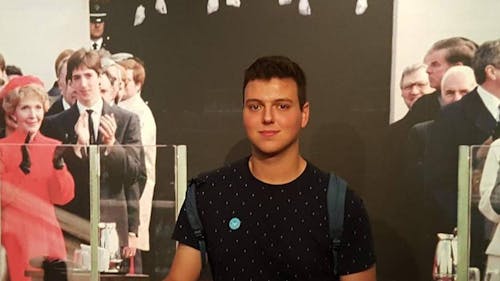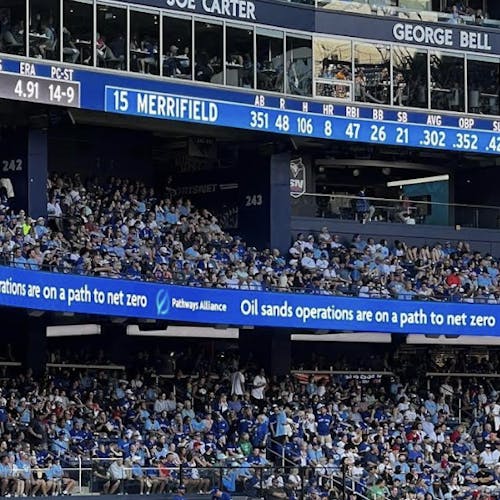New app developed by Rutgers students promises to help with mental health issues

Laurent Shiels, a School of Arts and Sciences junior, said he remembers going to Counseling, Alcohol and Other Drug Assistance Program & Psychiatric Services (CAPS) services and being disappointed.
Handed worksheets for treatment and receiving short sessions left a bad first impression for the then-first-year, Shiels said.
"It was really hard to get follow-up appointments and I felt like they didn't really understand what I was going through,” he said of his time there.
His experiences inspired him to develop Solace, a mental health services application, which debuted last week. Already garnering approximately 120 users, the app is intended to help people going through distress and mental health issues, for no cost to the user.
Currently, 1 in 5 adults suffer from a mental health issue, and 70% percent of people receive no treatment for their condition. Part of the mission of Solace is to help reduce that stigma and help those with issues, Shiels said.
“The mission is to get people better access to mental healthcare,” said Nick Lusskin, a Rutgers alumnus who is also one of the app’s co-founders. “There’s a lot of people who don't get the help that they need and if we can provide more access to them, that would be the first of our goals.”
Currently, the app is formatted as an anonymous group chat, where people are placed into groups based on a survey they take. They are then encouraged to talk about their issues with like-minded people, who also scored similarly on the quiz.
In the future, more features are expected to be added. Shiels said he hopes to add moderators to overlook the chats and add a tracker feature, to help users determine the root cause of their issues.
The app is not meant to be a one-stop shop for mental health issues.
“We don't want to say it’s your only mental health service,” Shiels said. “It’s something that should be placed on the side with mental health treatment.”
Currently, the app is run by Shiels with two other co-founders, Lusskin and James Harrison of the Ramapo College of New Jersey. Lusskin works full-time in San Francisco and operates on the app in his spare time during nights and weekends. He noted that like most start-ups, the job can be hectic at times.
“I build the app and do most of the technical work but I also reach out to people, schedule meetings and talk in the business side as well,” he said. “It's not super well-defined but that's pretty standard for a start-up.”
Although the app does not generate revenue yet, Shiels explained that he hopes to license it out to other universities and businesses to help supplement their mental health tools. The app, though, would never cost the user themselves.
“(We would) have mental health services pay us to maintain the app for students to use it since they're not able to provide staff to help all 60,000 undergrad and grad students,” Shiels said, using Rutgers as an example. “This way they are able to reach more students for a much cheaper cost.”
The app recently received a $2,500 grant from the National Science Foundation. Yet money is not the ultimate goal for them.
“We want to make mental health care more accessible, affordable and destigmatized,” Shiels said.



